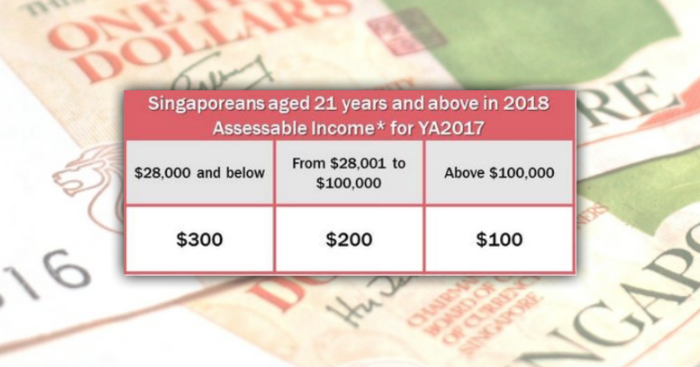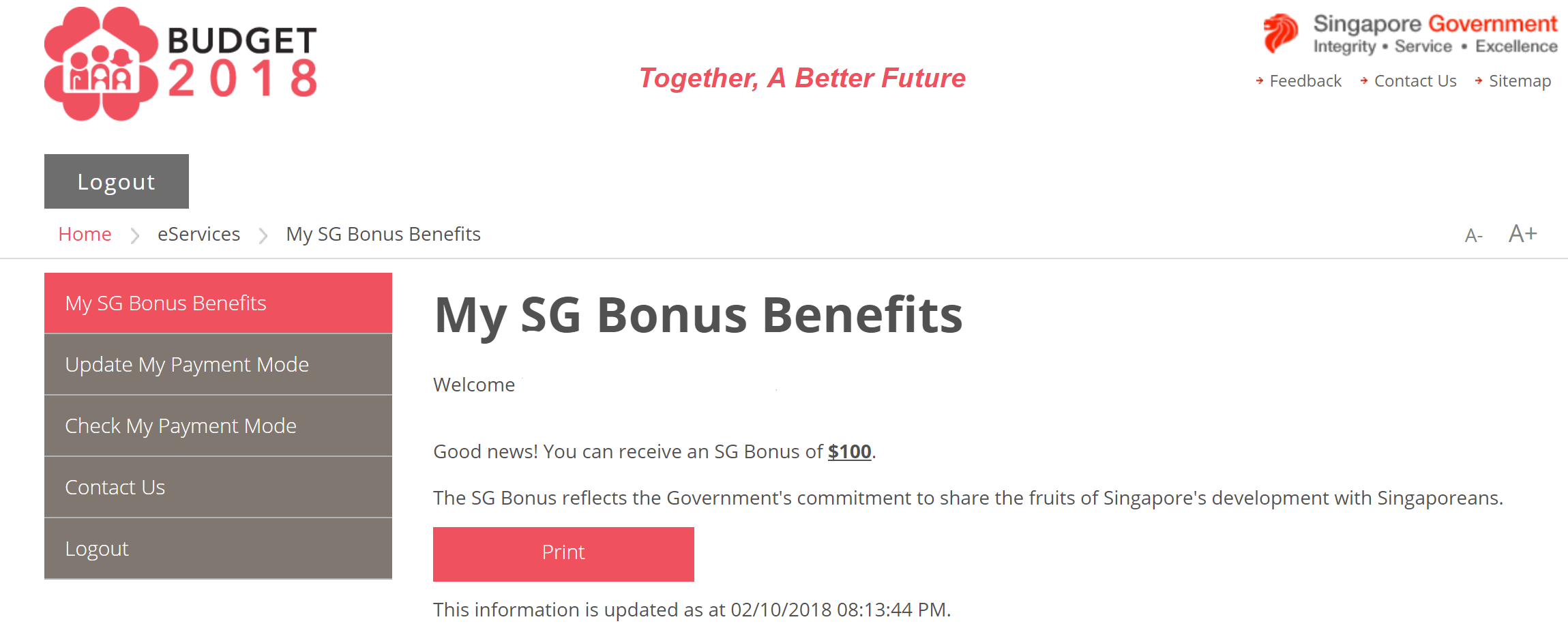Despite being decentralised online payment systems, there are various countries across the globe adopting these cryptocurrencies and sky-rocketing them to the rate of growth and development we’re seeing today. While the USA, South Africa and the UK sit quite prominently within the industry, there are a huge number of Asian countries either catching up, or dominating completely. From China’s ever-changing regulation, to South Korea’s outright ban, the greatest and most prominent countries within the continent are proving time and time again to make quite a substantial difference – the question is, how?
Japan
Japan’s crypto success arguably came when China imposed a ban on cryptocurrency withdrawals. This saw the BTC JPY exchange rate start to raise in a relatively strong upwards curve until the crash in price after the December 2017 high and has since turned more and more businesses within this innovative hub to either utilising blockchain technologies, or accepting Bitcoin and cryptocurrency payments. There has even been recent speculation that future economic booms could either involve, or be thanks to cryptocurrencies and the decentralised technologies that power them. Whether this is ultimately the outcome is a matter of keeping a close eye on changing focuses in the technological and financial industries, but it’s certainly proving an interesting road to take.
China
China has always been notorious for reducing and restricting the development of anything potentially out of government control and as a digital coin with no centralised system to control, cryptocurrencies were certainly in their line of sight. Despite having initially held one of the biggest markets across the world for cryptocurrency trading and mining, this isn’t so much the case anymore. After the ban of ICOs and the following closure of various local bitcoin exchanges, their stance in the industry plummeted. However, with a focus on ‘blockchain not Bitcoin’, it might not be the end for cryptocurrency use in China just yet.
South Korea
South Korea has taken a similar stance to China, but seems to be offering a far more mixed view than its larger counterpart. Despite its small size compared to China, a simple speculation that bitcoin could be banned was enough to plummet the price of major coins considerably. However, it still remains unclear as to whether this is going to actually be the case. These rumours certainly hold weight behind them, considering the announcement having been by South Korean officials, but have yet to actually be put into place. Instead, we’re simply seeing more and more Korean exchanges and local businesses starting to consider Bitcoin payments as standard, regardless of potential changes to come in the future.
What Could The Future Hold?
Whether we see global bans on cryptocurrency use or global adoption of a ‘blockchain first’ policy, only time will tell for sure. If there is one thing we have quickly learned from the world of cryptocurrencies, it’s that even the slightest movement or speculation can considerably shake up the industry and as a result, Asian countries focused on FinTech and other technologies have an even bigger influence than you may expect. The future could see unstable governments or economies introducing their very own cryptocurrencies to reap the benefits without the risks, or the simple outright ban and avoidance of all things digital coin.
What do you think?












